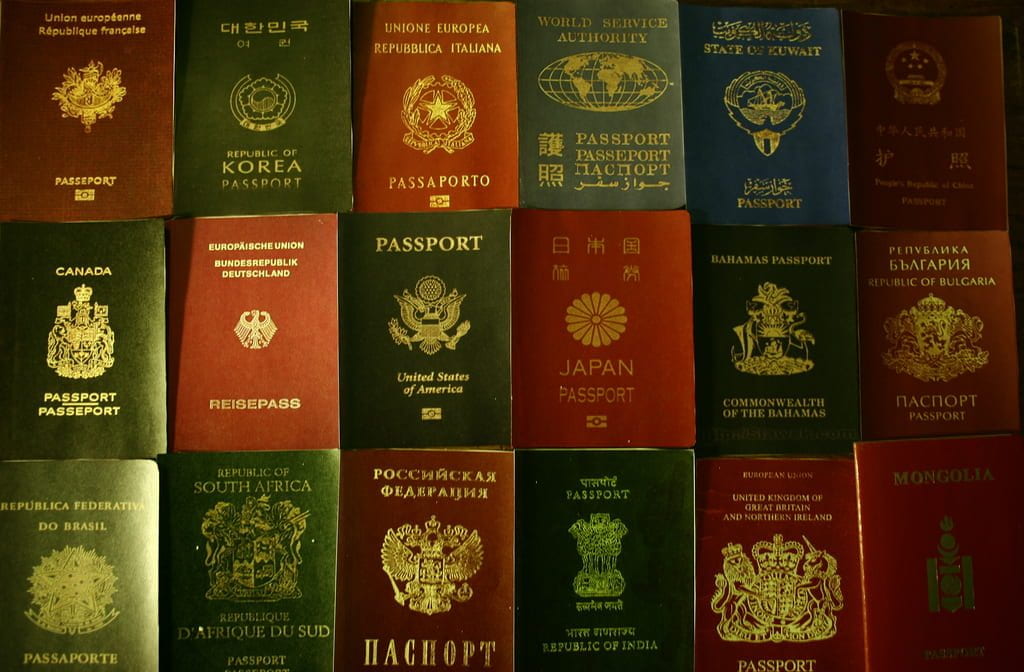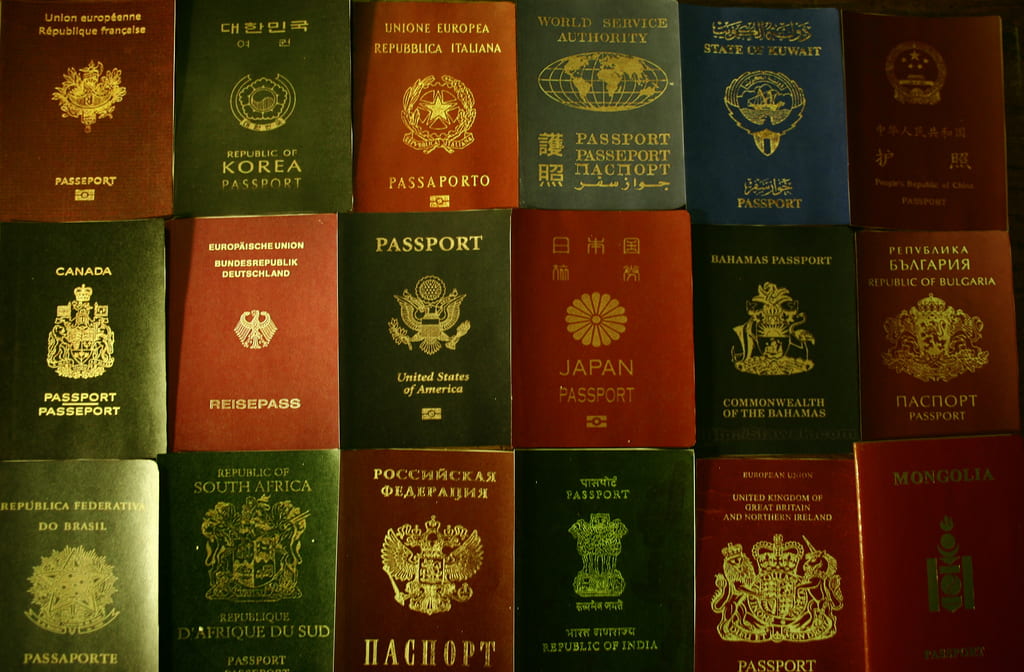
The Significance of Following Asylum Seekers’ Stories, from a Human Rights Student’s Perspective
Over the past year I have had the opportunity to be involved, peripherally, in cases of Mexican nationals seeking asylum in the United States. The first case that Dr. Chris Kyle involved his students in was a woman fleeing Mexico with her very young children after an extortion attempt and death threats. My involvement was to research in ethnographies, books, and other sources to provide the woman with a claim to a “particular social group.” The assignment was to prove that this woman was targeted for persecution on account on her membership in a “particular social group”. Because drug cartel activities and government corruption produce victims indiscriminately, demonstrating membership in a particular social group is arguably one of the most difficult aspects of asylum claims for Mexican applicants. The argument I made placed the applicant in a PSG of ‘women whose husbands are migrant workers’. She was recognizably vulnerable in her community without the protection of an adult male in the household, as well as vulnerable to extortion due to possible remittances from her husband. (The woman and her children were granted asylum and this case set a precedent for this particular social group to be recognized in future asylum cases.)
This semester I have shadowed Dr. Kyle when he is asked to be an expert witness for asylum applicants, testifying to the credibility of their claims due to violence in the state of Guerrero, Mexico. Much of what I have done this semester is to listen in to conversations between Dr. Kyle and immigration lawyers, research the obstacles that Mexican asylum seekers face, and explore the moral and legal arguments in human rights claims. It has been my experience while shadowing Dr. Kyle through a few asylum claims, that humanizing issues of asylum, immigration, and migration, is invaluable to understanding these issues in an academic setting. Having the opportunity to be involved even minimally in these asylum cases has been crucial to my perspective on human rights. For me, studying human rights isn’t about broadly philosophical, conceptual ideals. My experience with asylum cases over the past year has provided a more intimate understanding of human rights as the recognition of intrinsic human dignity and the use of law and institutions to affirm the value of human life.
When immigration lawyers ask for an expert witness to attest to a specific aspect of an asylum claim they send their client’s affidavit to the expert. Asylum seeker’s affidavits are essentially an outline of every trauma the claimant and their family have endured that could justify their need for asylum. In one particular case this semester the list of traumas I noted included the following: child sexual abuse, child molestation, rape, attempted gang rape, kidnapping, extortion, physical violence, death threats, torture, and PTSD. In this particular case the lawyer feels confident that the family will be granted asylum, but there are still uncertainties and possible complications in the legal argument on their behalf.
Reading each of these individual’s asylum claims has provoked me to question the ways in which we interpret and practice asylum law. Do we consider our moral responsibility to fellow humans often enough? Do we consider the ethical implications of political biases of immigration judges? Is the United States meeting its obligations under international law to accept and protect legitimate asylum seekers? My answer is consistently, no.
At one point during my research on international refugee laws and mobility rights, it became suddenly clear that who we ascribe human rights to is tied up in the symbolism of an object that societies have conjured as proof of humanness: documentation. In the United States, legal rights such as those provided through citizenship are paramount to our notion of humanity. Migrant workers are protected with certain rights… as long as they are documented as a migrant worker. Who is worthy of protection under the law? Who is worthy to work in order to shelter and feed their family? Being protected from harm and having the ability to provide for our families’ survival are human rights. Yet we ascribe value to a person based on the papers they carry, and devalue them based on the papers they don’t carry.
In the US, we use “undocumented” and “illegal” synonymously. Being “undocumented” is a crime worthy of prison detention and deportation to certain harm or death. Without “proper documentation”, people may be denied their rights, arbitrarily detained, and unprotected from abuse. Are we living in an era of human history where compassion is contingent on papers? Documentation is important for security matters, but it shouldn’t be the scale for whose life is valuable.
Kara is a graduate student in the UAB Anthropology of Peace and Human Rights program. In the coming weeks, Dr. Kyle and Kara will host a lecture to discuss their work.

